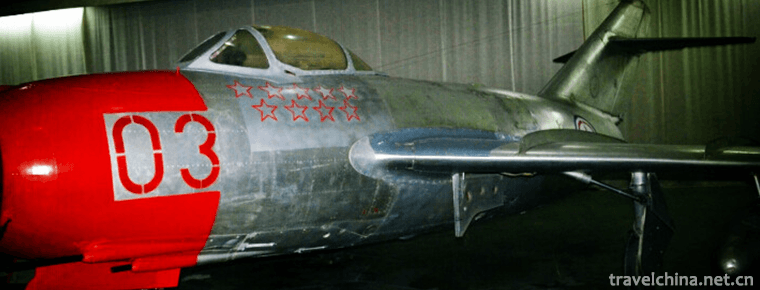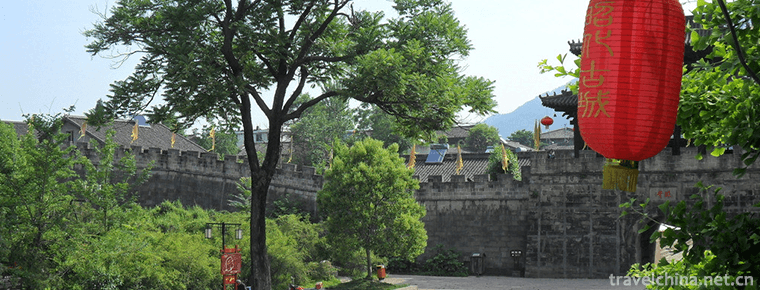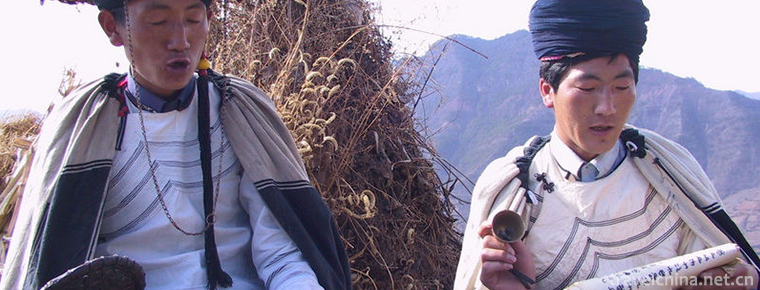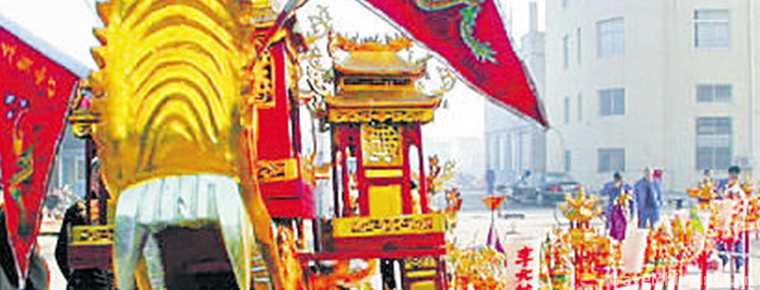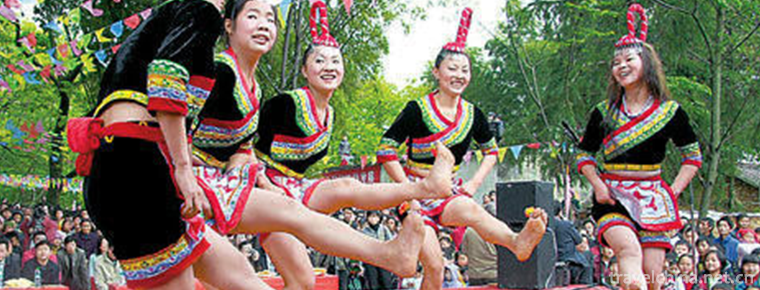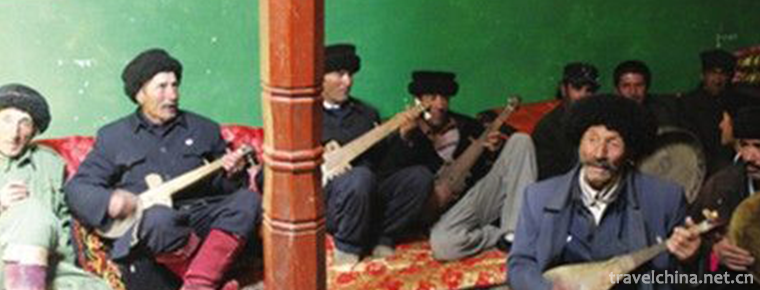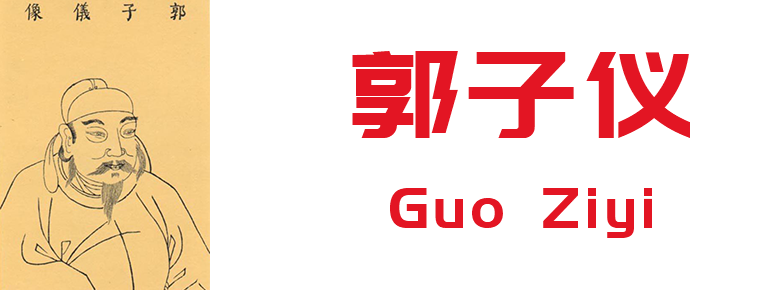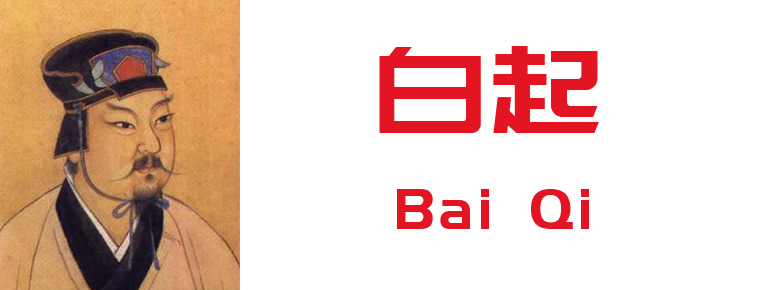Wan Bang
Wan Bang
Wanbang, a local traditional drama in Neixiang County, Henan Province, is one of the national intangible cultural heritage.
Wan Bang is a rare local opera. It grows and distributes in Nanyang in southwestern Henan and its surrounding areas. In the early days, people called it Hao Bang, Lao Bang Zi, Nanyang Bang Zi, etc. Because Nanyang was called Wan in ancient times, Nanyang Bureau officially named it Wan Bang in 1956. Wanbang is a kind of opera that evolved after Qin Opera (Tongzhou Bangzi) was introduced into Nanyang in the late Ming Dynasty and early Qing Dynasty in Shaanxi Province and merged with local folk song minor and folk rap and singing in Nanyang. Wanbang main string is the big string in the early Qin Opera. Its pronunciation is high, just like the bird's song. It is matched with jujube Bangzi and has a unique style. Wanbang singing music belongs to the board cavity, supplemented by the yueqin, three strings, falling hu, jujube bang festival, accompanied by gongs, drums and other percussion instruments, giving people a sense of boldness, aggression, boldness.
On May 20, 2006, Wanbang was approved by the State Council of the People's Republic of China to be included in the first batch of national intangible cultural heritage lists with the heritage number IV-24.
historical origin
origin
There are still different opinions about the formation of Wanbang: first, it is a branch of Henan Opera, there is a saying that "two hundred years ago was a family", and there are also records that Henan Opera spread to Nanyang area, called "Nanyang Bangzi", which should be the same clan, clan and root as Henan Opera. In the late Ming and early Qing Dynasties, it evolved from Shaanxi Eastern Road Qin Opera, that is, after Tongzhou Bangzi was introduced into Nanyang, Henan Province, in combination with local folk slang, folk song minor and folk rap. It was called "western tune" in its early days, probably referring to the tune coming from the west. Zhang Jiamou, a native of the late Qing Dynasty and the early Republic of China, commented on Yun when he revised Nanyang Fuzhi. The Southern Diao was initiated in the Ming Dynasty. Zhou Shibai said in the Outline of the Development of Chinese Opera History that Nanyang Bangzi "is Henan Bangzi's Henan Western Dialect. It became a kind of opera after Qianlong in Qing Dynasty and originated in Nanyang in Henan Province". Feng Jihan pointed out in his Preliminary Exploration of the Origin and Development of Henan Opera: "Before Dao (Guang) and Xian (Feng), Bangzi in Nanyang prevailed on both sides of the Shahe River in southern Henan and Northern Huaihe. In the course of its formation, it has been influenced by other operas, such as Kunqu Opera, Yiyang Opera String Su and Luo Opera, and has gradually become a new type of opera.
Development
During the 20 years from Qingdaoguang to the Republic of China (1821-1931), Wanbang Opera was flourishing, and its class clubs spread all over Nanyang.
Since the 1930s, Wanbang has been declining. Most of the classes have been disbanded and artists have been dispersed. By the end of 1940s, only a few theatres had stopped performing. By 1949, it had faced a desperate situation.
After the founding of the People's Republic of China, Nanyang Bangzi Opera Troupe of Neixiang County was formed.
Since 1957, the troupe has trained a number of young actors, processed and sorted out the repertoires of "River", "Black Strike" and "Luoyang Fire Point". At the same time, it has also produced modern plays such as "Huimen", "Bethune" and "Pursuit".
In the 1960s, on the basis of inheriting the tradition, Wanbang's musicians made some innovations in singing.
Representational repertoire
Wanbang has more than 600 traditional dramas, and more than 300 are often staged, reflecting stories ranging from Shang, Zhou, Spring and Autumn to Warring States, and down to Ming and Qing Dynasties, mostly "war marches" and "robe-and-tie operas". The masses call it "great opera artists" who have compiled their traditional dramas into mouths: "Heshibi", "Jiulian Lamp", "Fire Warship", "Cosmic Front", "Dajiangdong" and "Xiaojiangdong". "Knife Chopping Yang Pan", "Mixed Garden Mirror", "Dong Jialing", "Thirteen Palaces", "Leyi Vaqi", "Zhanfan City". There are also "Five Signs", "Six Prefectures", "Seven Harvests", "Eight Passes" and "Nine Mountains". As well as "Hundred Flowers Yong", "Pirate File", "Before and After the State of Chu", "Rice Grain Chuan", "Black Dao Chao", "Flower Dao Chao", "Chop Caiyang", "Chop Huangpao", "Chop Capital", "Yellow Crane Tower", "Force Palace", "Pirate Print", "Rich Tu", "Peach Blossom Ancient", "Sell Miaolang", "Luo Huan Kneeling Tower", "Tower to Flower Gun", "Daguan", "Hanging Hill", "Double Delivery". Girls, Top Lights, Driving Cars, Jade Tiger Fall, Sanniang Godfather, Spring and Autumn Matching, etc.
Inheritance and Protection
Inheritance value
Wanbang not only has the upsurge and excitement of Shaanxi Bangzi, but also has the smooth norms of Central Plains music, as well as the euphemism and elegance of Chu music. The fake tune used to foil feelings is a high-octave wordless line tune, which is unique and has unique artistic value. Wanbang, nourished by the Central Plains culture, Qin and Jin culture and Chu culture, is a model for studying the early ecology of Henan Bangzi.
Current situation of inheritance
Since the 1930s, due to the rise and rapid spread of Henan Opera and Henan Opera, Wanbang has gradually declined. At present, only a state-owned Wanbang professional theatre troupe in Neixiang County is still struggling to inherit this ancient national art fire, so it is necessary to rescue and maintain it in time.
Heritage figures
Cheng Jiankun, male, Han nationality, born in 1942, is a native of Henan Province. In 2008, he was selected as the representative successor of the second batch of state-level intangible cultural heritage projects and composes at the third level of the state.
Zhou Chengshun, male, Han nationality, born in 1957, died in 2009, a native of Henan Province. In 2008, he was selected as the representative successor of the second batch of national intangible cultural heritage projects, the third-level national actor.
protective measures
Wanbang Opera in Henan Province, in addition to the provincial determination of the inheritors of Wanbang art, the governments at all levels in Nanyang City and Neixiang County of Henan Province have also given protection and support to Wanbang Opera and its actors. Nanyang City has been considering the implementation of full financial supply for Wanbang Opera Troupe in Neixiang County in order to solve the worries of Wanbang Opera Troupe in Neixiang County. Neixiang County has formulated a detailed five-year development plan for the protection and development of Wanbang, which also mentions in particular that Wanbang art should be effectively inherited, so as to keep the successor talents flowing.
social influence
Honorary recognition
In 1959, Du Linbao was awarded the first prize for performance and Wang Daying was awarded the second prize for performance. In 1992, Zhou Chengshun was awarded the Excellent Performance Award for his traditional play "Striking Golden Branches" which participated in an excellent performance of rare operas organized by the Ministry of Culture.
social activities
On November 22, 2018, to celebrate the 40th anniversary of the reform and opening-up, the opera of Tsinghua University entered the campus. The second major drama Wanbang Tongtaiguan made a brilliant appearance in the campus Opera Festival "Henan Opera Art Week and Exhibition of Rare Dramas" at Tsinghua University.
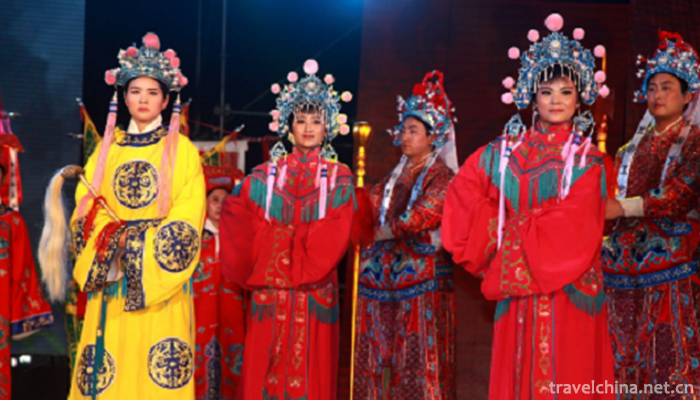
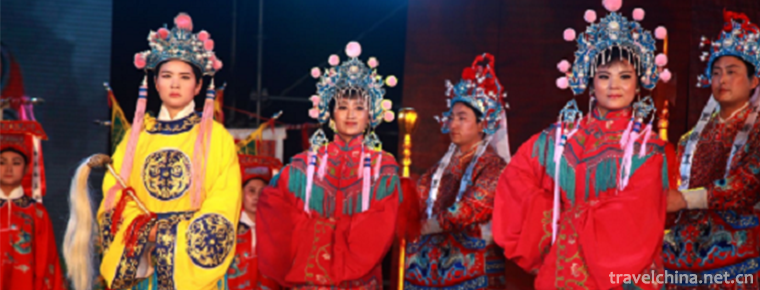
Wan Bang
-
China Aviation Museum
China Aviation Museum is the first large-scale open aviation museum in China. It is located at the foot of Datangshan, Changping District, Beijing. After many years of closure
Views: 187 Time 2018-12-22 -
Beihai Ocean Window
The Beihai Ocean Window is situated on the shore of the rich and beautiful Beihai Bay in China. It covers an area of 2.1 hectares and covers an area of 18,100 square meters. It consists of mysterious
Views: 159 Time 2018-12-26 -
Zhaohua Ancient City Scenic Area
The ancient city of Zhaohua has a long history and rich humanities in Zhaohua Town, Zhaohua District, Guangyuan City, Sichuan Province. The original name of Yichang County was changed to Zhaohua Count
Views: 201 Time 2019-03-17 -
Bemo music
Qubila fire is well known in Meigu County, Liangshan Prefecture. He is not only a highly respected Yi Dabimo, but also a representative successor of national intangible cultural heritage projects.
Views: 326 Time 2019-04-04 -
The Firing Techniques of Jun Porcelain
Jun porcelain firing technology, Yuzhou City, Henan Province, traditional handicraft, one of the national intangible cultural heritage.
Views: 202 Time 2019-05-08 -
Dragon file long dang
"Dragon File", also known as "Bench Dragon", is a craft art with strong local folk traditional characteristics in Yueqing, Zhejiang Province, China. Dragon stalls are developed fro
Views: 158 Time 2019-05-14 -
March 3 She Nationality
March 3rd is the traditional festival of She nationality. Every year in this festival, a grand song is held, and ancestors worship Valley God, singing and dancing. It is very lively. In addition, we h
Views: 208 Time 2019-06-14 -
Tajik Folk Songs
Tajik folk songs are very rich in content. The folk songs handed down to this day include folk songs reflecting ancient social life, customs and customs, eulogizing love and religious rituals. The mai
Views: 189 Time 2019-06-17 -
Guo Ziyi
Guo Ziyi (697 - 781 years), Zi Zi Yi, Iowa Zheng county (now Shaanxi) Weinan city Hua Zhou District ) People. The famous Tang Dynasty Politician , Militarist
Views: 270 Time 2019-09-07 -
Bai Qi
White(Bai Qi)(? - 257 BC). He is a man in the village of Bai village, Chang Xing Town, Mei County, Shaanxi today. Outstanding military strategist and representative of "military strategist"
Views: 148 Time 2019-09-11 -
Anhui Agricultural University
Anhui Agriculture University is located in Hefei, capital of Anhui province. Center Urban area Key universities in Anhui By Ministry of agriculture and rural People's Republic of China State Forestry
Views: 233 Time 2019-10-10 -
Deyang scenic spot
There are Sanxingdui ancient Shu civilization sites in Deyang City, where a large number of national treasure level cultural relics such as bronze Dali Man, bronze mask, bronze sacred tree, gold stick and Bian Zhang were unearthed. There are also the pangtong
Views: 328 Time 2020-12-14
